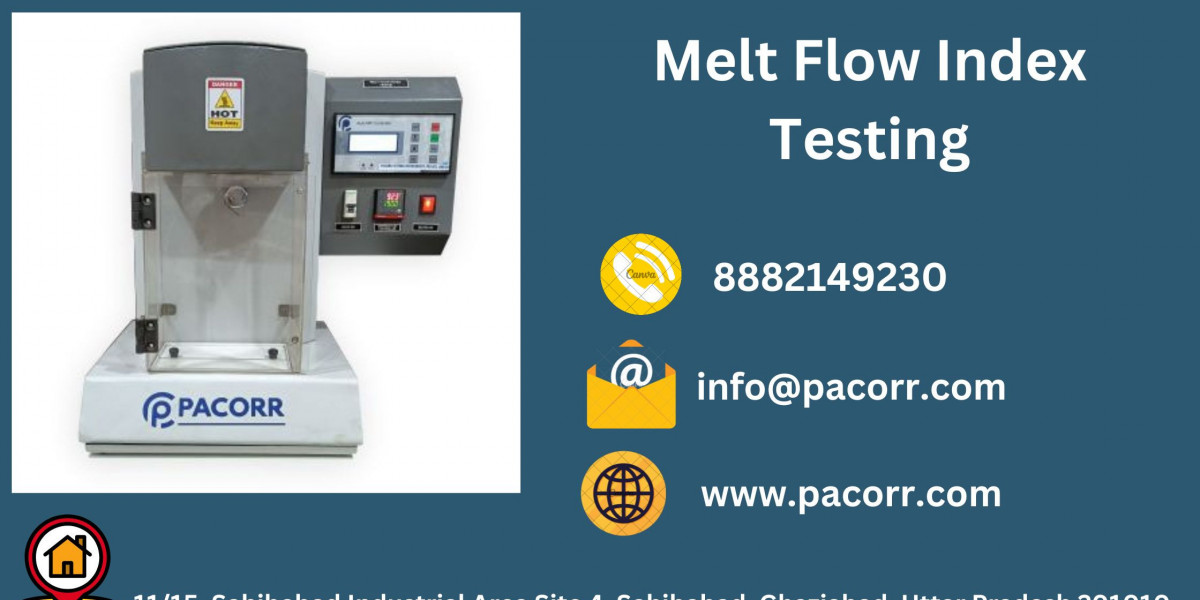In today's competitive marketplace, businesses constantly seek ways to stand out and increase profitability. One powerful strategy is leveraging private label products — items manufactured by one company but branded and sold by another. This approach has transformed industries from beauty to food and tech accessories.
This comprehensive guide dives deep into the world of private label products, helping you understand what they are, why they matter, and how to successfully build your brand with them.
What Are Private Label Products?
Private label products are goods produced by a manufacturer and sold under a retailer’s brand name. Unlike white-label products, which are generic and sold to multiple retailers, private label items are exclusive to the seller, giving them a competitive edge.
Key Features of Private Label Products:
Custom branding and packaging
Exclusive sales rights
Ability to control quality and design
Higher profit margins compared to reselling branded goods
Why Choose Private Label Products?
Choosing private label products offers numerous advantages, especially for entrepreneurs and businesses aiming to expand their product lines without investing heavily in manufacturing.
Benefits include:
Brand control: You decide how your products look, feel, and perform.
Increased profits: Lower costs and exclusive rights often translate to higher margins.
Customer loyalty: Unique products boost brand recognition and repeat purchases.
Flexibility: You can quickly adapt to market trends by updating product designs or features.
How Private Label Products Differ from Other Models
Private Label vs White Label
Private Label: Products are customized for one retailer and not shared.
White Label: Generic products sold by multiple sellers with minimal customization.
Private Label vs Dropshipping
Private Label: You own the branding and inventory control.
Dropshipping: You sell products owned and shipped by suppliers, limiting customization.
Steps to Start Selling Private Label Products
1. Market Research
Identify trending niches and products with demand but low competition. Tools like Google Trends and Amazon Best Sellers can guide your research.
2. Find Reliable Manufacturers
Platforms like Alibaba, Global Sources, and local manufacturers can produce quality private label products. Request samples to ensure standards.
3. Design Your Brand Identity
Create a compelling brand name, logo, and packaging that resonates with your target audience.
4. Negotiate Terms and MOQ
Discuss minimum order quantities (MOQ), pricing, and delivery timelines with your manufacturer.
5. Order Samples and Test
Evaluate product quality, packaging, and shipping times before committing to bulk orders.
6. Launch and Market
List your private label products on your online store, marketplaces, or physical locations. Use SEO, social media, and paid ads to attract customers.
Best Private Label Product Ideas in 2025
Health & Wellness: Supplements, fitness accessories
Beauty & Skincare: Organic skincare, cosmetics
Tech Accessories: Phone cases, wireless chargers
Home & Kitchen: Eco-friendly utensils, smart gadgets
Pet Supplies: Natural pet foods, grooming tools
Private Label Product Packaging Tips
Packaging is crucial to customer perception and brand recognition. Consider:
Eco-friendly materials to appeal to sustainable shoppers
Custom inserts and thank-you notes for a personal touch
Clear labeling with benefits and usage instructions
Eye-catching design aligned with your brand personality
Common Challenges in Private Labeling and How to Overcome Them
Finding Trusted Manufacturers
Solution: Vet suppliers thoroughly through reviews, certifications, and references.
Quality Control Issues
Solution: Regular product inspections and third-party testing.
Managing Inventory and Logistics
Solution: Use inventory management software and reliable fulfillment centers.
SEO Strategies to Promote Private Label Products
Optimize product pages with targeted keywords (e.g., private label products, buy private label skincare).
Use high-quality images and videos to improve engagement.
Encourage customer reviews and ratings for social proof.
Build backlinks from relevant blogs and industry websites.
How Private Labeling Can Transform Your Business
Private labeling allows businesses to:
Differentiate themselves in saturated markets
Build loyal customer bases with exclusive products
Scale efficiently by expanding product lines without heavy R&D
Increase overall brand equity and valuation
Future Trends in Private Label Products
Sustainability: Rising demand for eco-friendly private label goods.
Personalization: Customized products tailored to individual customer preferences.
Tech Integration: Smart private label gadgets and IoT-enabled products.
Subscription Models: Recurring delivery of private label consumables.
Conclusion
Private label products present a lucrative opportunity for businesses to control their brand narrative, enhance customer loyalty, and boost profitability. By carefully selecting products, partnering with trustworthy manufacturers, and implementing smart marketing strategies, you can create a thriving private label brand that stands the test of time.
Frequently Asked Questions (FAQs)
What are private label products?
Private label products are goods produced by manufacturers but sold under a retailer’s brand name exclusively.
How much does it cost to start private labeling?
Costs vary based on product type, MOQ, packaging, and marketing but can range from a few hundred to several thousand dollars.
Can I private label any product?
Most products can be private labeled, but ensure they comply with regulations and quality standards in your target market.
How long does it take to launch private label products?
Typically 1-3 months, depending on manufacturing, shipping, and marketing preparations.
Is private labeling better than dropshipping?
Private labeling offers greater control and branding but requires upfront investment. Dropshipping is easier but less customizable.






